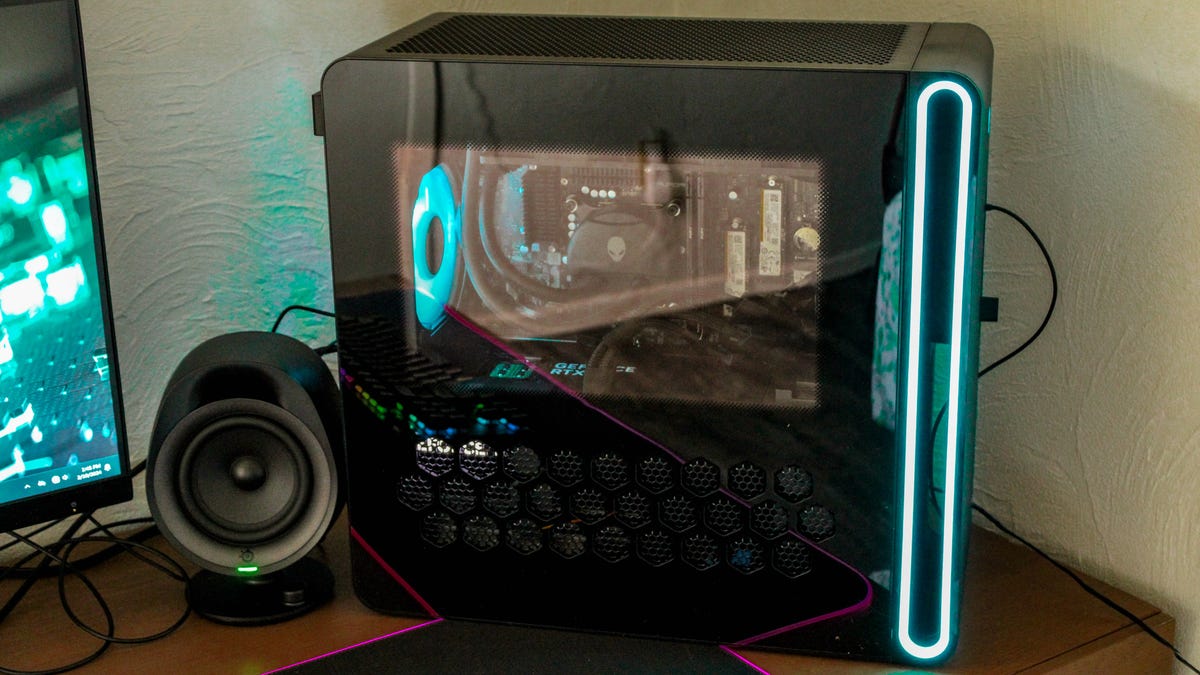BOOK THIS SPACE FOR AD
ARTICLE ADRio De Janeiro, Brazil's most populous city, is taking major strides towards becoming a global crypto hub and is set to become the first Brazilian city to accept property tax (IPTU) payments in crypto, starting in 2023. According to a note that comes from Rio de Janeiro's City Hall, the city will hire several companies that will be responsible for converting cryptocurrencies into the Brazilian real — the official currency of Brazil. The city also plans to develop its own collection of non-fungible tokens (NFTs) that will feature images of Rio de Janeiro's most famous tourist spots.
As per a report by Bloomberg, the proposal to allow the payment of property tax, known as 'Imposto sobre a propriedade predial e territorial urbana' or IPTU, in crypto was first made back in January by Eduardo Paes, the mayor of Rio. Mayor Paes has now confirmed that the proposal has been adopted during Criptoatividade Carioca, an event organised by the municipal secretariats of Finance and Planning, and Economic Development, Innovation and Simplification.
During the event, secretaries Pedro Paulo and Chicão Bulhões also presented the report of the Cripto Rio study. The study was carried out by a designated working group established at the beginning of the year to evaluate Rio's plan to invest 1 percent of the city's treasury in crypto and to create the city's cryptocurrency.
Rio's Finance Secretary Pedro Paulo further noted that integrating cryptocurrencies into the payment of taxes is just the beginning as the city plans to expand to more services in the future.
Back in February, the economic affairs committee of Brazil's Senate unanimously greenlit a bill regulating the local cryptocurrency market. The text of the legislation defines virtual assets and the responsibilities of service providers while specifying criminal liability and fines for breaking specific rules.
In the meantime, the central bank of Brazil is actively working on developing its own Central Bank Digital Currency (CBDC). Earlier this month, the central bank chose projects from such firms as Visa and Santander to assess the viability of developing a CBDC. The digital Brazilian real is expected to enter the testing phase in the second half of the year.
Cryptocurrency is an unregulated digital currency, not a legal tender and subject to market risks. The information provided in the article is not intended to be and does not constitute financial advice, trading advice or any other advice or recommendation of any sort offered or endorsed by NDTV. NDTV shall not be responsible for any loss arising from any investment based on any perceived recommendation, forecast or any other information contained in the article.
.png)
 2 years ago
166
2 years ago
166 














 Bengali (Bangladesh) ·
Bengali (Bangladesh) ·  English (United States) ·
English (United States) ·